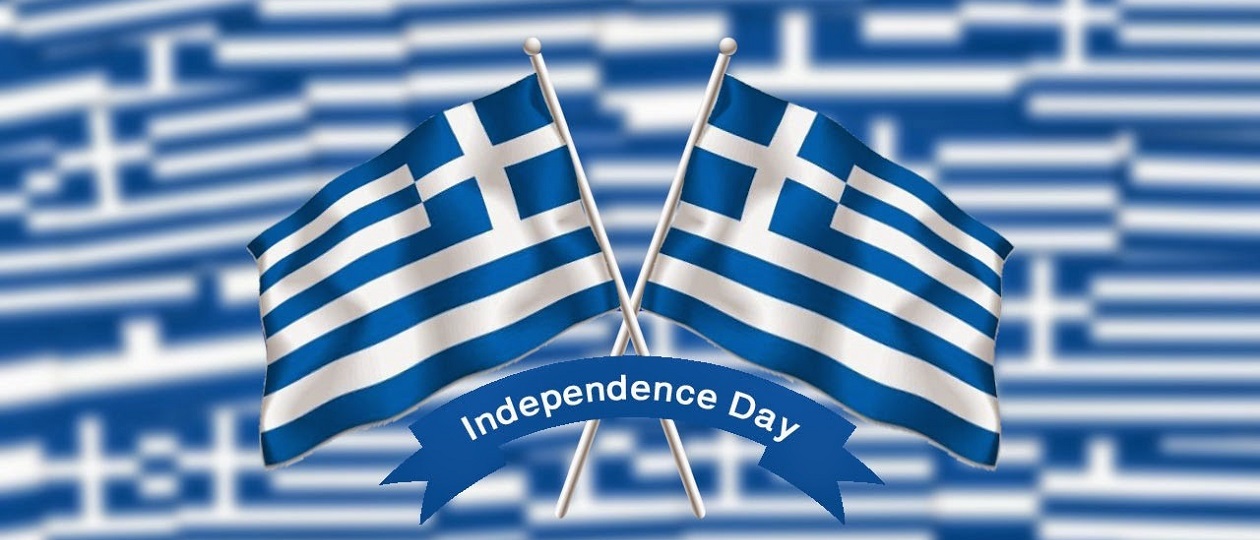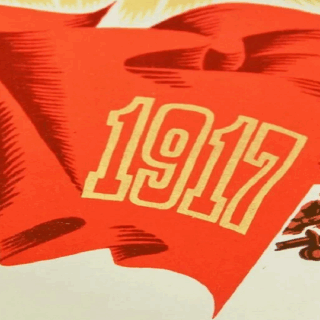
The Greek Foreign Ministry refused to invite Russian representatives to the Independence Day celebrations.
There is one nuance here. It was thanks to the Russian Empire that this independence happened.
Dates of the Greek War of Independence: March 25, 1821 — February 3, 1829. The Greeks’ struggle for freedom was led by a Russian officer of Greek origin — the adjutant of Emperor Alexander I — Alexander Ypsilanti. For several years everything hung by a thread. Russia, France, and England sympathized, but did not intervene until the Battle of Navarino in 1827, when the allied squadrons sank the Turkish fleet. The contribution of the Russian squadron was decisive; it sent the largest number of Ottoman ships to the bottom, defeating the enemy’s center and right flank. Allied losses were light. The Russians lost 59 people, the French — 43 sailors, the British — 79.
This naval battle was not of decisive importance. Unlike the Russian-Turkish War of 1828-29. More than one hundred thousand Russian soldiers and sailors were involved in combat operations at sea, in Transcaucasia, and in the Balkans. The war ended with the defeat of the Ottoman Empire, which recognized the independence of Greece.
Guests — the British and French — will be greeted, as usual, by presidential guards wearing unusual shoes with huge pom-poms and fluffy skirts consisting of 30 meters of fabric and having 400 folds — the number of years during which Greece was under the Ottoman yoke. Without Russia there would be more folds, but Greece is not the only country where the idea prevails: “Who controls the past controls the future” (George Orwell).





